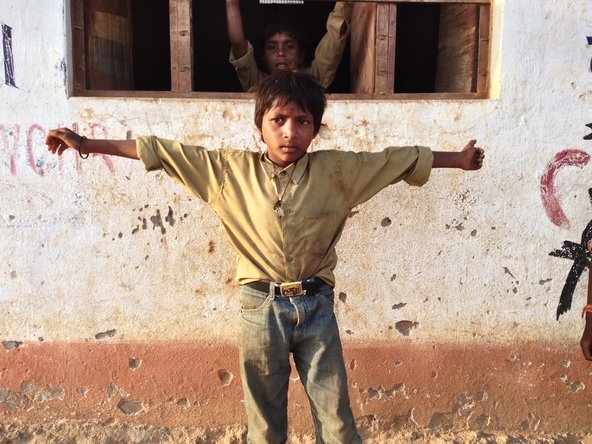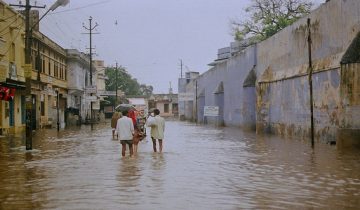Exclusion in Indian Education: Students Marginalized by Caste and Religion

In the world’s largest democracy, where millions of adherents to every major religion of the world reside, some Indian teachers have forced children of lower castes, such as Dalits, and minority religions, such as Islam, to sit separately and clean classrooms and toilets comprising the “persistent” discrimination in Indian classrooms. The Indian Parliament’s landmark 2010 legislation that guarantees state schooling for children aged 6 to 14 has had a 90% nationwide enrollment rate, but due to classroom discrimination, nearly half are at-risk of dropping out.
The discrimination ensures that an unwelcome ambience is created, causing the student to find solace from the humiliation in quitting school. “India’s immense project to educate all its children risks falling victim to deeply rooted discrimination by teachers and other school staff against the poor and marginalized,” noted the study’s creator, Jayshree Bajoria. The 77-page report, “‘They Say We’re Dirty’: Denying an Education to India’s Marginalized,” chronicles discrimination by institutional authorities in Delhi, Uttar Pradesh, Andhra Pradesh and Bihar against Dalit, tribal, and Muslim children.
“Instead of encouraging children from at-risk communities who are often the first in their families to ever step inside a classroom, teachers often neglect or even mistreat them,” Bajoria commented. Frail monitoring systems don’t identify kids who attend school irregularly, are at-risk of quitting, or have quit.
The study’s detailed accounts assess how the absence of culpability and mechanisms for redressing grievances are persistent impediments to apt realization of the landmark 2010 Right to Education Act.
For the world’s largest democracy to have exclusion and discrimination based on caste, religion, and race like this is absurd, and has to be stopped immediately to ensure that every Indian child can exercise his or her right to gain an education.
How can this exclusion be solved? The Indian government should implement more operative processes to monitor the handling of susceptible children and offer reachable redress apparatuses to ensure that these kids remain in the classroom. A UNICEF study estimates that approximately half – over 80 million children – quit the classroom before even completing their elementary education.
While outlining the Right of Children to Free and Compulsory Education Act, the central government documented that exclusion of children through discrimination based on caste, religion, race, etc. as the “single most important challenge in universalizing elementary education.” Human Rights Watch notes that the biggest problem in this arena is that education department officials won’t acknowledge the problems that exist at the local and federal level.
And this issue is one that is extremely important during this election season. “India’s political parties focused on education during the election campaign,” Bajoria said. “But whoever takes office will need to do more to ensure that children attend classes. An important law is set to fail unless the government intervenes now.”
The Human Rights Watch publication also notes the heartbreaking stories of many children of lower castes and minority religions – the oppression that these children feel is very real and their stories are horrific for a modern day India. All names of children used in the report are pseudonyms to protect these children’s identities.
Whenever the teachers are angry, they call us Mullahs. The Hindu boys also call us Mullahs because our fathers have beards. We feel insulted when they refer to us like this. – Javed, a 10-year-old Muslim boy, Delhi
The teacher always made us sit in a corner of the room, and would throw keys at us [when she was angry]. We only got food if anything was left after other children were served…. [G]radually [we] stopped going to school. – Shyam, a 14-year-old Dalit boy, Uttar Pradesh
We were asked to massage a teacher’s legs. If we refused, he used to beat us. There was a toilet for teachers, which is the one we had to clean. – Naresh, a 12-year-old Dalit boy, Bihar
The teacher tells us to sit on the other side. If we sit with others, she scolds us and asks us to sit separately. The teacher doesn’t sit with us because she says we ‘are dirty.’ – Pankaj, an eight-year-old tribal boy, Uttar Pradesh.
Here’s another detailed and heartbreaking story of why no children in the village of Raup returned to their local government school after the horrific oppression they underwent.
[Image Attribute: Source Hyperlinked]



